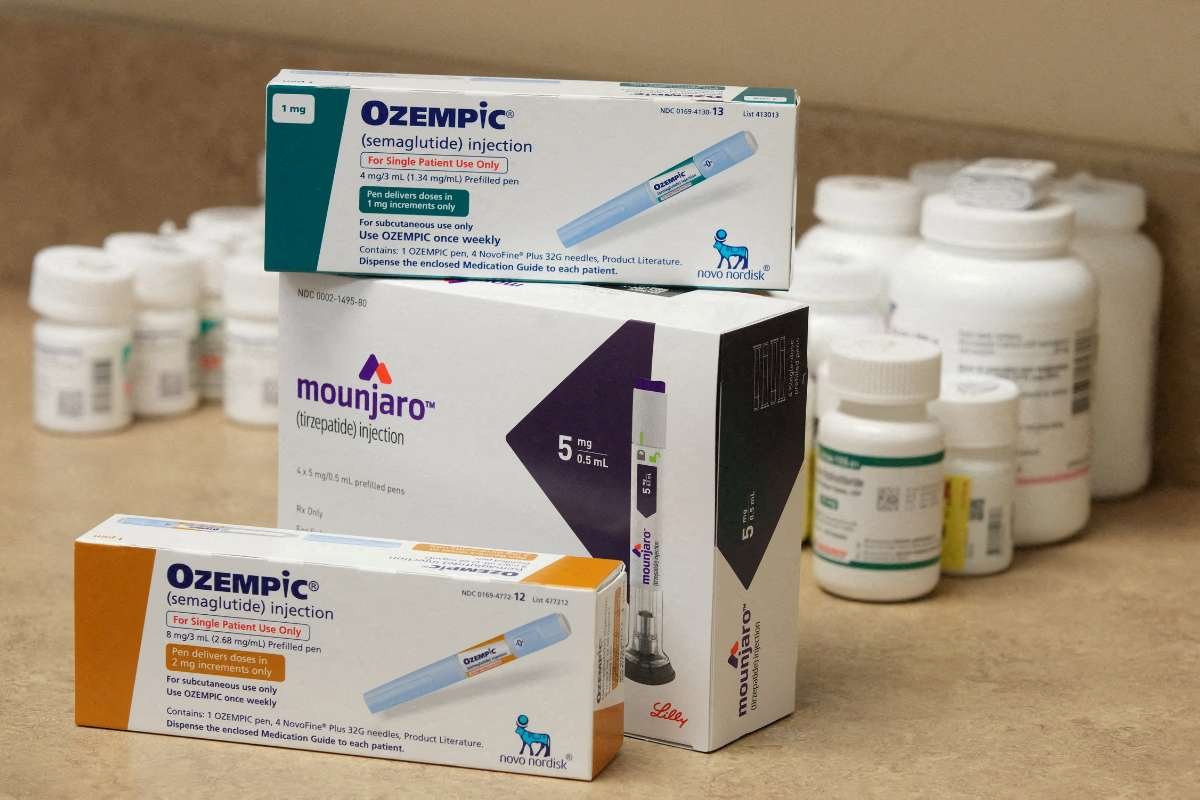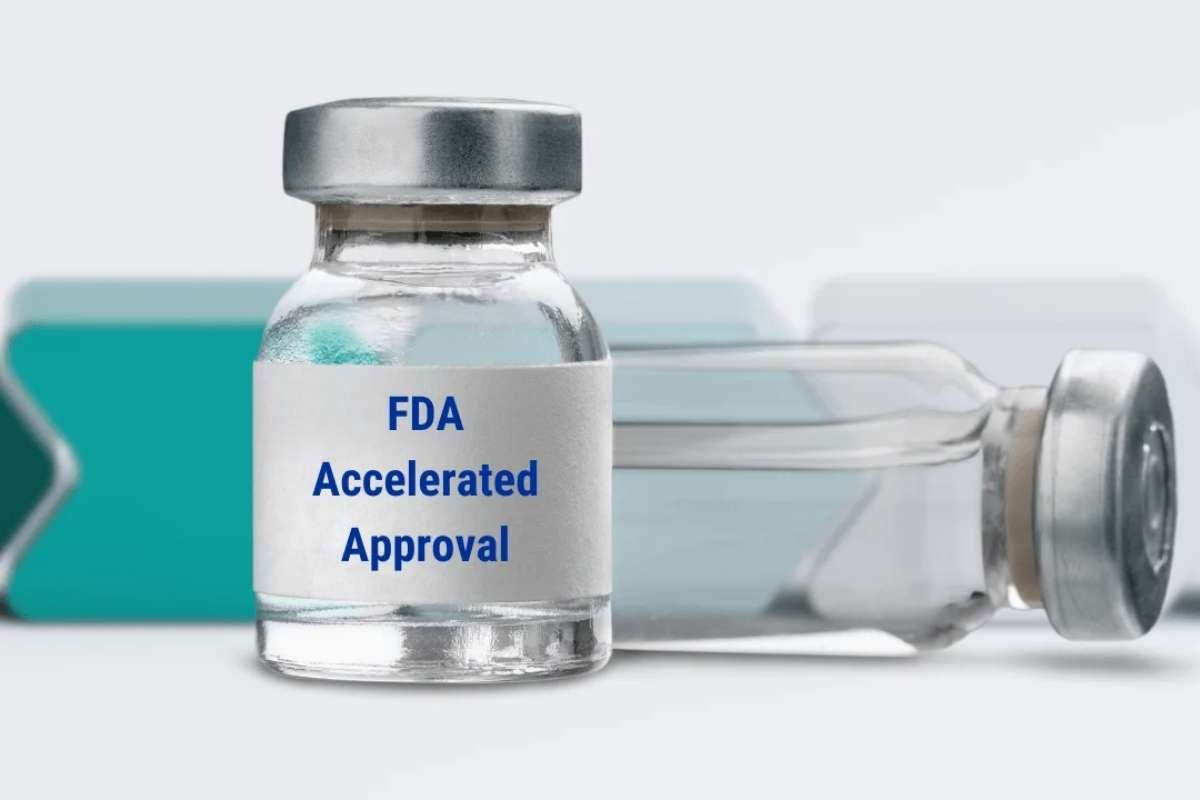Key Points:
- Novo Nordisk Alzheimer’s trials are testing whether GLP-1 drugs like Rybelsus can slow cognitive decline in mild Alzheimer’s.
- The studies aim to clarify how GLP-1 drugs affect the brain and guide future research.
- Positive results could offer an oral alternative to current treatments and impact Novo’s market outlook.
Studies from Novo Nordisk due early next month are expected to offer the clearest evidence so far on whether GLP-1 drugs, widely used for diabetes and weight loss, can slow cognitive decline in Alzheimer’s disease. The Novo Nordisk Alzheimer’s trials are evaluating the oral diabetes drug Rybelsus in two large trials involving thousands of people with mild Alzheimer’s. The data will be presented on Dec. 3 in San Diego at the Clinical Trials on Alzheimer’s Disease meeting.
The studies aim to determine whether semaglutide, the active ingredient in Rybelsus, Ozempic and Wegovy, can reduce the rate of cognitive decline by at least 20%. Analysts say a strong result could lift Novo’s share price by up to 10%, while a failure could result in a decline of roughly 5%.
Trials test GLP-1 therapy, experts unclear on brain effects
Novo launched the Alzheimer’s trials in 2021 based on earlier animal data and an analysis of human studies showing a lower risk of dementia among diabetes patients treated with GLP-1 drugs. A small study of liraglutide, an older injectable GLP-1 marketed as Victoza and Saxenda, also showed slower loss of brain volume in people with mild Alzheimer’s.
Alzheimer’s Association Chief Science Officer Maria Carrillo said the Novo Nordisk Alzheimer’s trials could be “transformational” if results are positive. She said it is still unclear how drugs that target the GLP-1 receptor affect the brain. Other researchers share the uncertainty, noting that most existing evidence involves patients who have dementia linked to diabetes or obesity.
The two new studies exclusively enrolled people with confirmed Alzheimer’s, which made it difficult to recruit individuals who also had vascular dementia, a common condition among diabetes patients. Dr. Mary Sano, a Mount Sinai researcher involved in the trials, said many potential volunteers with mixed dementia were too advanced to qualify.
Mechanisms remain uncertain; results may guide future research
Scientists say the reason GLP-1 drugs appear to reduce dementia risk in earlier studies is unknown. Some believe the drugs may act directly in the brain. Others point to secondary effects such as weight loss, reduced inflammation, or improved blood vessel health.
Not all GLP-1 medicines behave the same way. Dr Heather Ferris, an endocrinologist at the University of Virginia, said studies in mice suggest liraglutide may cross into the brain more readily than semaglutide. She expects “positive, but paltry positive results” from the upcoming Rybelsus trials.
Dr David Knopman, a Mayo Clinic neurologist, said the link between GLP-1 targets in the brain and Alzheimer’s pathology remains “totally unknown,” which he described as a challenge for the approach.
Two drugs are currently approved in the United States to slow Alzheimer’s by removing amyloid from the brain. Lilly’s Kisunla and Leqembi, developed by Eisai and Biogen, have been shown to slow disease progression by close to 30%. Both require regular infusions or injections, carry risks of serious side effects, and need periodic brain scans.
Dr Howard Fillit of the Alzheimer’s Drug Discovery Foundation said the Novo Nordisk Alzheimer’s trials may clarify whether GLP-1 drugs affect early shifts in brain metabolism that occur before amyloid forms. He said the trials would be considered clear successes if Rybelsus slows the decline by close to 30%. Even modest results, he said, could guide future trial designs, including combinations of GLP-1 therapies with existing amyloid-lowering drugs.
Eisai said in a statement that semaglutide could complement a drug like Leqembi if the Novo Nordisk Alzheimer’s trials show meaningful benefit. Lilly said it continues to monitor emerging science related to GLP-1 drugs and brain health.
Market impact possible
If effective, Rybelsus would offer a more convenient alternative to current Alzheimer’s treatments because it is taken orally. However, the drug requires patients to take it on an empty stomach and wait 30 minutes before eating, drinking, or using other oral medications.
Investors expect the upcoming data from the Novo Nordisk Alzheimer’s trials to influence Novo’s market outlook. Analysts say a strong result could provide a significant commercial opportunity, while an unsuccessful outcome may lead researchers to focus on different GLP-1 compounds or combination approaches.
Novo may release some information before the Dec. 3 presentation. Knopman said an oral drug with a strong safety profile would be “a big deal in terms of marketability,” but added that expectations should remain measured until results are public.







